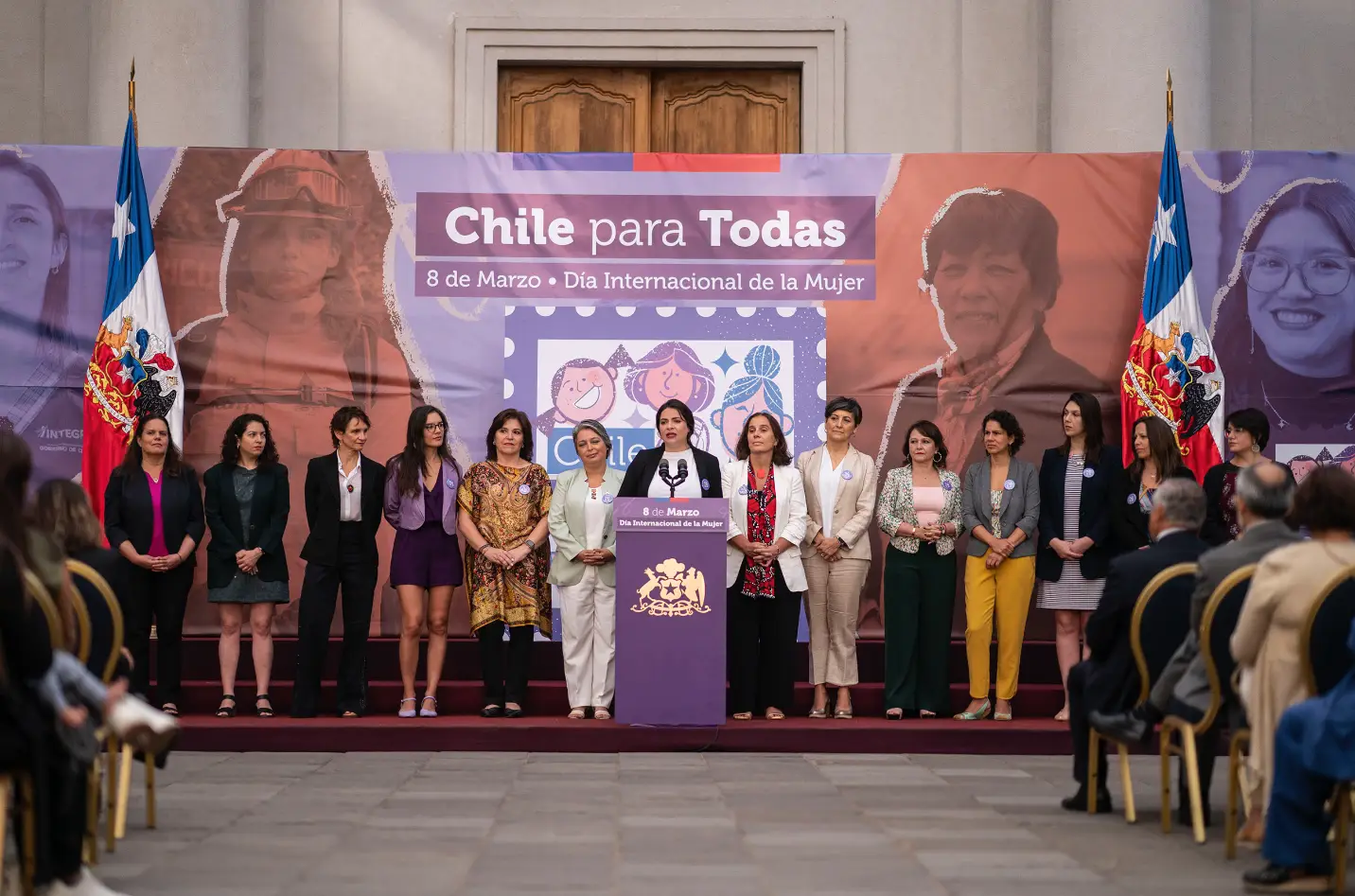In an interesting twist in the electoral landscape ahead of the upcoming municipal elections in Chile, independent female candidates seem to be gaining ground against traditional profiles, even if they do not reside in the communes they seek to represent. A recent study by Datavoz (GPS Ciudadano) reveals that voters tend to favor candidates who escape party machinery and are less concerned about their territorial ties.
This finding challenges the notion that geographical proximity is key in selecting local authorities. Traditionally, it has been believed that voters prefer local candidates with territorial ties and a close understanding of the commune’s issues. However, the results of the Datavoz analysis suggest that voters are reevaluating their priorities, placing more importance on independence and the personal characteristics of candidates than on their place of residence.
The candidates have skillfully capitalized on this context. Their image, associated with values such as honesty, hard work, and a lesser connection to the vices of traditional politics, resonates strongly with an electorate increasingly disenchanted with political parties. In this context, party independence has emerged as a trait that fosters trust in a political system perceived by many citizens as opaque and distant from their true interests.
The study highlights a revealing fact: candidates who do not live in the commune they are running for are not only not penalized but are even preferred. This suggests a significant shift in how voters understand local representation. Digital connectivity, media visibility, and greater awareness of national and local issues have led citizens to value other aspects such as management capability, track record, and proposals, beyond whether the elected candidate is a neighbor of the commune.
Another relevant point emerging from the study is the preference for female candidates without political affiliation and under the age of 45. Additionally, voters seem to lean towards those without previous experience in roles such as mayors or councilors. This aspect reinforces the demand for renewal and young leadership, detached from traditional political structures. Although there are sectors less interested in politics that value local experience, overall support for independent women reflects a desire for profound change in municipal leadership.
This phenomenon invites a deeper reflection on the state of local democracy in Chile. Municipal elections, historically perceived as less politicized than national ones, are beginning to reflect trends that could herald a broader change in Chilean politics. The preference for independent and non-local candidates could signal that voters are seeking new leadership that breaks away from old structures, prioritizing innovation and freshness over legacy and tradition.
It is interesting to note that this phenomenon is not exclusive to Chile. Similar trends are being observed in several Latin American countries. Voters in the region are increasingly opting for young and independent candidates, disenchanted with traditional parties and established political dynamics. Just as in Chile, the use of digital platforms and greater awareness of local and national issues have enabled candidates without a constant physical presence in the territories to connect with voters through fresh and committed proposals.
Across the region, a demand is forming for leadership that breaks with old structures and proposes new, citizen-centered solutions. This trend could consolidate in Latin America, where voters seek political renewal that resonates not only locally but also regionally, marking a deeper change in Latin American politics.
It remains to be seen whether this support for independent women who do not reside in the communes where they compete in Chile will solidify as a long-term trend or if it is merely a response to the current political climate. In any case, the message from the electorate is clear: they are open to new options, hoping that these elections will bring about the profound changes that communities expect.













